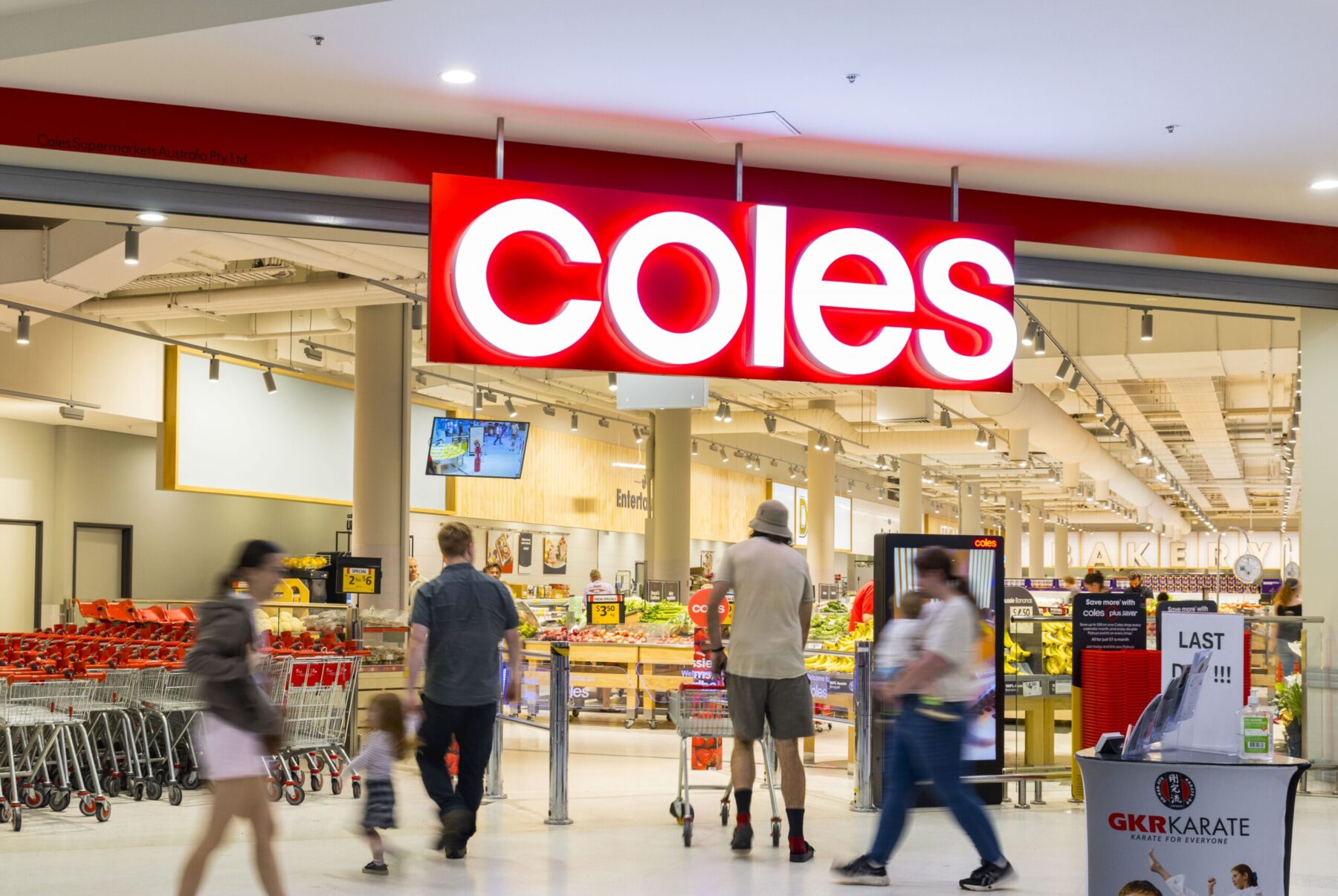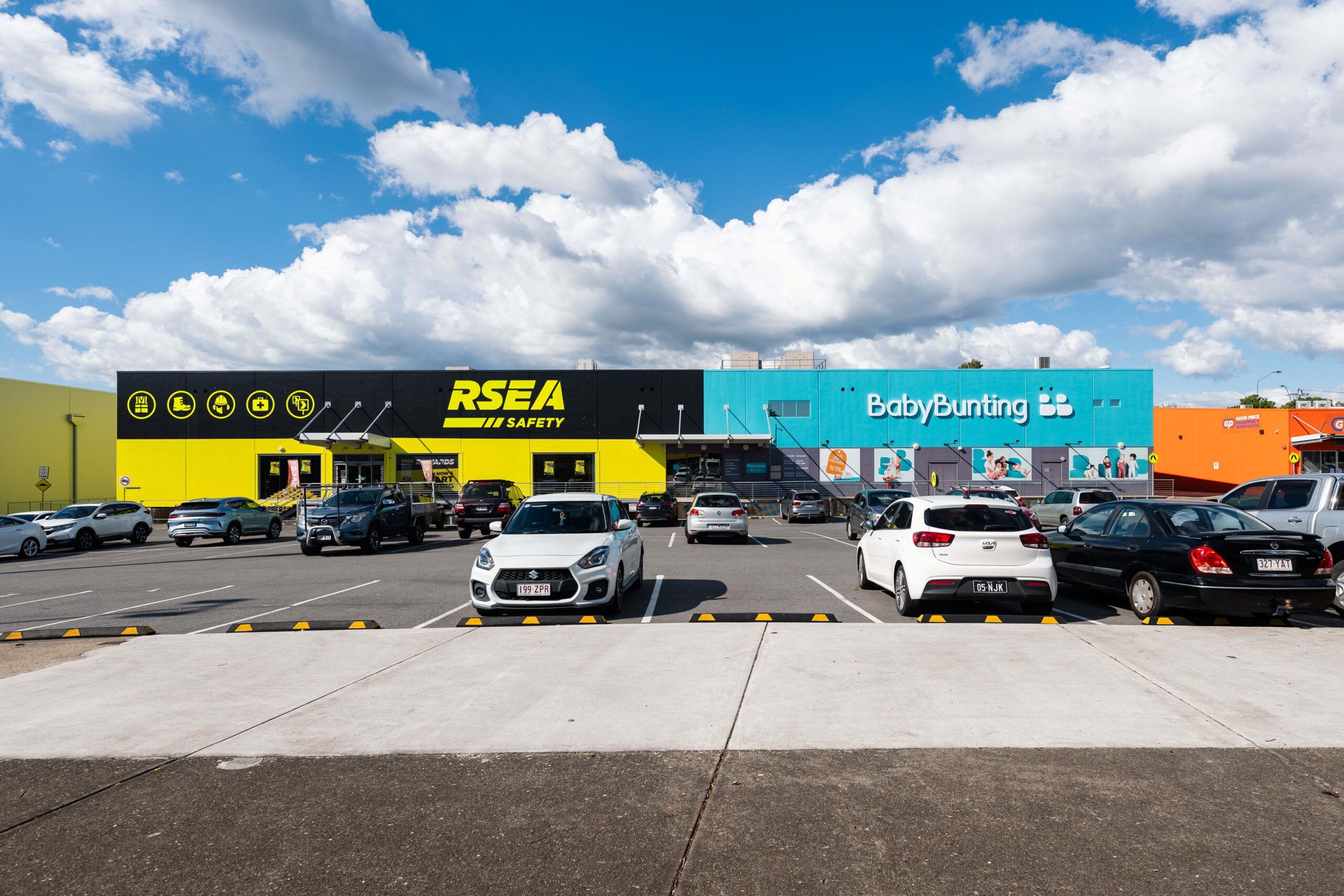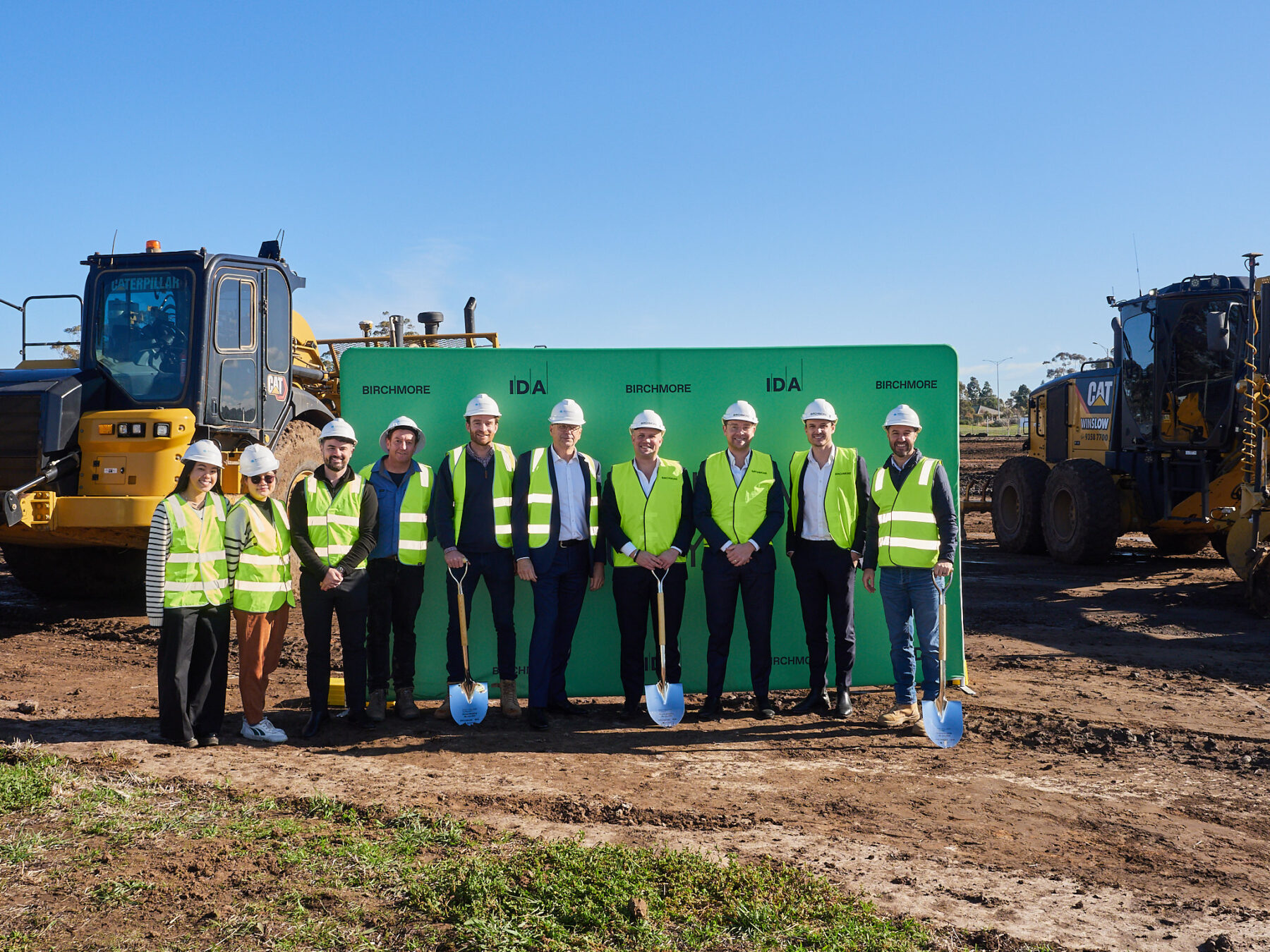Shopping Centres Australia has revealed that Neighbourhood Centres have not been immune from the COVID issues reporting with a 26% shortfall in cash in Q4 contributing to full year earnings down -2.4% and profits after tax down -22%.
The Group has revealed that its rental shortfall in Q4 was down $26.8m (out of $100m) of which approximately $9m has been waived or deferred and $14m remains in arrears. The shortfall has been expensed and contributes to the significant reduction in profit for the Group for the full 12 months.
Valuation lossess have also contributed to the decline with a Like-for-like valuation decrease of $87.9m of which $27.4m is directly attributable to expected COVID-19 impact on FY21 cash flows.
Notwithstanding the final impacts, vacancies are stabled at 5% and 92% of tenants are currently trading.
Chief Executive Officer, Anthony Mellowes, said: “Throughout the COVID-19 pandemic, our convenience based centres have been relatively resilient. Our anchor tenants have experienced strong sales growth, turnover rent has increased and we have continued to conclude leasing deals with 75 renewals and 55 new lease deals completed during the COVID-19 period of March to June 2020. ”
“Nevertheless, the COVID-19 pandemic has impacted many of our specialty tenants who have experienced sales declines. We have provided rental assistance to over 600 tenants in accordance with the Mandatory Code of Conduct. Our rental collection rate was 77% during the COVID-19 period, and we will continue to pursue payment from tenants of all of the outstanding amounts not covered by agreed waivers or deferrals.”
“Our focus continues to be to improve the tenancy mix in our centres with a bias toward non-discretionary categories, to maintain high retention rates on renewals, and to maintain low specialty vacancy by working pro-actively with our tenants in these challenging times. This will ensure that we have sustainable tenants paying sustainable rents, supporting our strategy of generating defensive, resilient cash flows to support secure and growing long term distributions to our unitholders.”
In response to the COVID-19 pandemic SCP raised $279.3 million of new equity in April and May 2020 through an institutional placement and a unit purchase plan. As at 30 June 2020 the Group had cash and undrawn facilities of $622.8 million and a gearing of 25.6%.”
Property valuations
The value of investment properties decreased to $3,138.2 million during the period (from $3,147.0 million at 30 June 2019), primarily due to the acquisition of Warner Marketplace for $78.4 million (plus $5.0 million transaction costs), completion of the Shell Cove Stage 3 development for $4.8 million, offset by the valuation decrease on like-for-like properties of $87.9 million and the disposal of the Cowes property for $21.5 million.
The like-for-like valuation decrease was due to a $27.4 million allowance for the expected COVID-19 impact on FY21 cash flows, with the balance of the decrease due to a combination of capitalisation rate softening, valuation net operating income decreasing, and discounted cash flow valuations adopting more conservative let-up assumptions and lower market rent growth.
The total portfolio weighted average capitalisation rate is now 6.51% (6.48% as at 30 June 2019), with sub-regional centres averaging 6.84% and neighbourhood centres averaging 6.39%.
Net tangible assets
The Group’s net tangible assets (“NTA”) per unit is $2.22, a decrease of 5 cpu or 2.2% from $2.27 as at 30 June 2019. This is primarily due to the like-for-like investment property valuation decrease, partially offset by an increase in the mark-to-market value of USPP cross-currency interest rate swaps.
Distributions
SCP aims to deliver secure and growing distributions to its unitholders. In January 2020, SCP paid an interim distribution in respect of the six month period to 31 December 2019 of 7.50 cpu. In August 2020 SCP will pay a final distribution of 5.00 cpu bringing the full year distribution to 12.50 cpu, an decrease of 15.0% on last year and representing a payout ratio of 99.4% of AFFO. This decreased distribution reflects the impact of the COVID-19 pandemic on AFFO in the second half of the financial year.
The estimated tax deferred component for FY20 is 11%, which is lower than the normalised level of 20-25% primarily due to the timing of deductions associated with the ECL allowance. The distribution reinvestment plan (“DRP”) remained active for both the August 2019 and January 2020 distributions. The August 2019 DRP raised $13.0 million at $2.48 per unit, and the January 2020 DRP raised $27.9 million at $2.71 per unit (comprising a “natural” take-up by unitholders of $14.1 million and an underwritten amount of $13.8 million).
Sales growth
The comparable store sales MAT growth for the 12 months to 30 June 2020, for stores open more than 24 months was:
- Supermarkets: 5.1% (compared to 2.0% as at 30 June 2019)
- Discount department stores: 7.6% (compared to 2.2% as at 30 June 2019)
- Mini Majors: 2.9% (compared to -3.1% as at 30 June 2019)
- Specialty stores: -1.1% (compared to 1.8% as at 30 June 2019)
- Total portfolio: 4.2% (compared to 1.9% as at 30 June 2019)
Supermarket sales increased during the COVID-19 period as customers engaged in panic buying, shopped locally and ate more at home. Discount department stores sales also increased during the COVID-19 period due to panic buying and high demand for home and living categories. Mini Majors’ sales growth improved with discount variety and pharmacy sales increasing due to COVID-19 buying activity. Specialty sales performance was volatile, with some categories performing well and others seeing a decrease in sales. The most negatively impacted categories were those that either closed voluntarily during the COVID-19 period (such as apparel stores) or were subject to government restrictions (such as cafes, restaurants, gyms, massage, nail bars and beauty).
Against a backdrop of COVID-19 and a softening in the broader retail market, the Groups' focus continues to be to:
- Improve tenancy mix with a bias toward non-discretionary categories;
- Maintain a high retention rate on renewals: 76% for the year to June 2020 (compared to 77% for the year to June 2019); and
- Maintain low specialty vacancy by working proactively with our tenants during these challenging times: 146 new deals done in the year to June 2020 (vs 87 in the year to June 2019).
This strategy has seen negative rent reversions and higher incentives during this period. During the year we completed 232 specialty renewals with an average negative rent reversion of -1.1%. he Group completed 146 new lease deals with an average negative rent reversion of -7.7%. Average incentives on new lease deals have increased to 13.8 months on a new 5-year deal (up from 11.0 months in FY19) due to leasing difficult long term vacancies and a softening in the broader retail market.
Earnings guidance
Due to the continued uncertainty created by the COVID-19 pandemic, we will not provide FY21 guidance at this time. We will continue to target a Distribution payout ratio of approximately 100% of AFFO.



